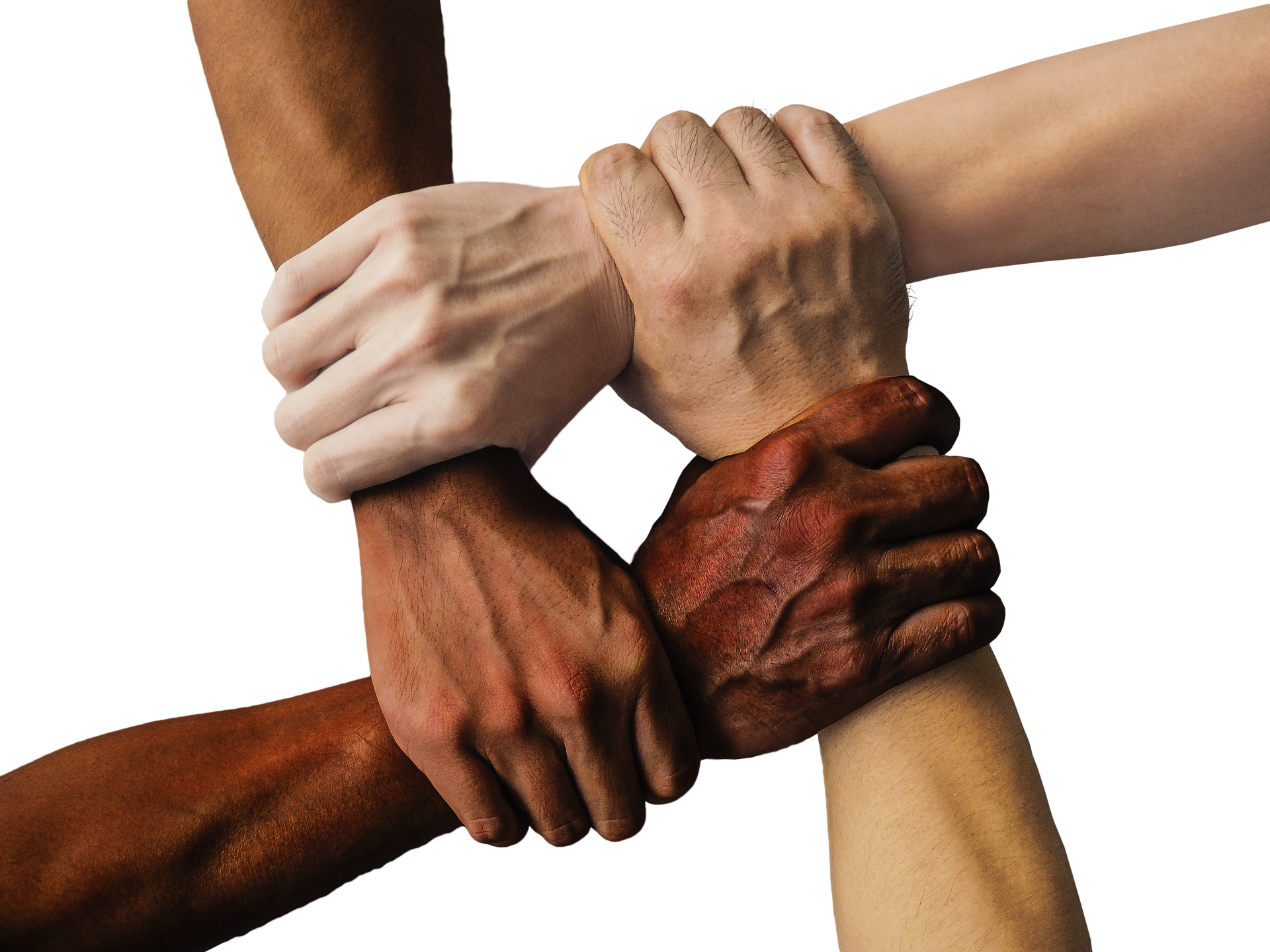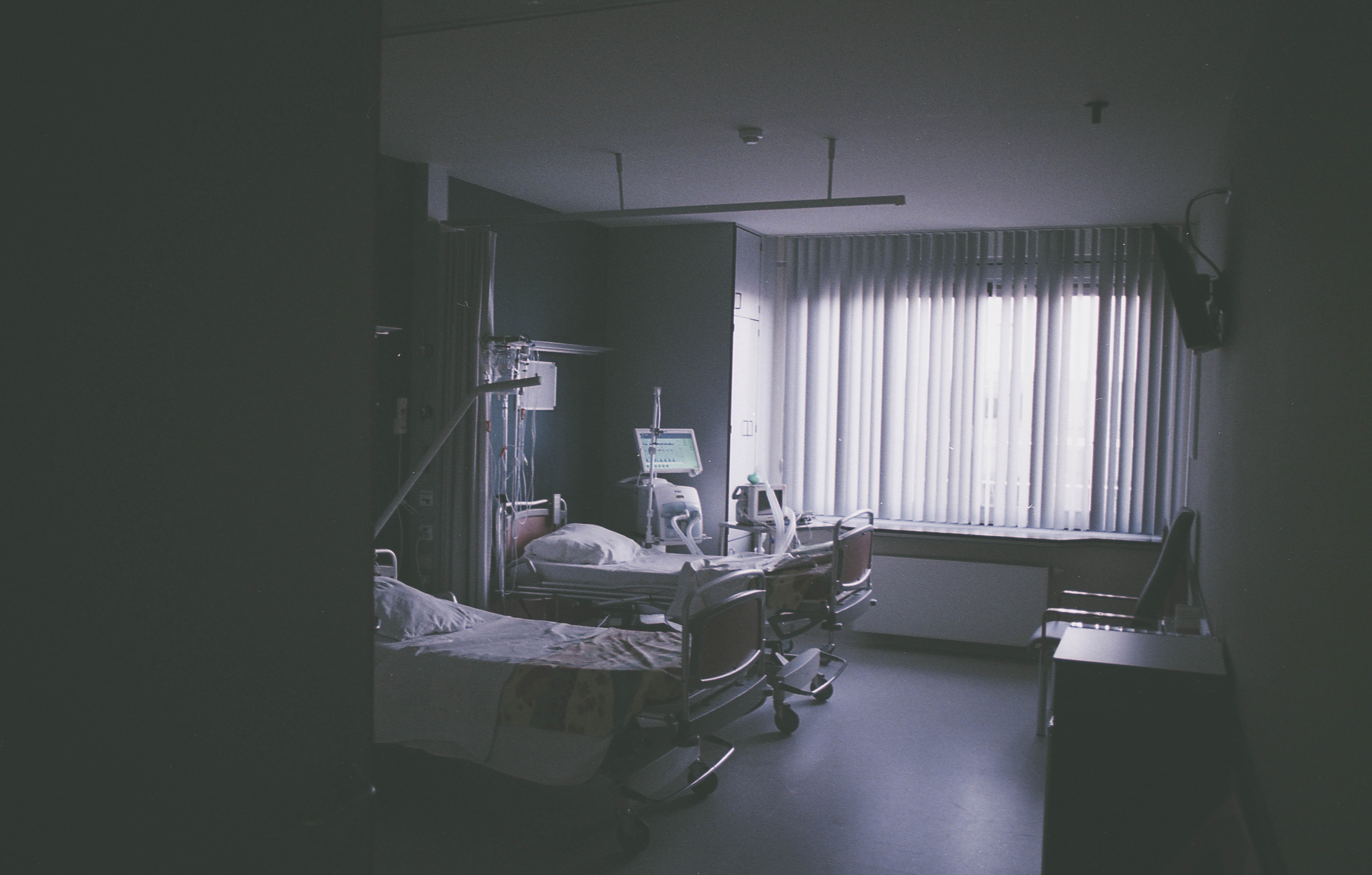In recent years, the Paraguayan Congress has been discussing the possibility of establishing a legal framework for euthanasia. There has been no consensus between parties but the debate has sparked dissent within the population at large.

According to a recently published World Youth Alliance (WYA) White Paper, the definition of Euthanasia is “the intentional killing by act or omission of a dependent human being for his or her alleged benefit.” Physician assisted suicide (PAS) differs from euthanasia in that it refers to a physician’s “participation in advising or providing, but not directly administering, the means or information enabling a person to intentionally end his or her life”. With PAS the patient is the one administering the drug to him or herself, while in Euthanasia a different person (usually a doctor) is the one administering the drug. However, both have the same intent to cause or hasten the patient’s death.
In Paraguay, on March 29th the Senate affirmed the Constitution, in particular reference to articles 4 and 106, which state:
Article 4: The right of life is inherent to the human person. Its protection is guaranteed…
Article 106: The one who kills others who is terminally ill or wounded, obeying serious and continuous pleads from the victim, will be punished by deprivation of liberty by a maximum time of 3 years.
While the practice of euthanasia is often presented as a remedy for patients struggling with terminal illness who may feel like a weight or burden to those around them, the World Youth Alliance (WYA) White Paper proposes a dignity-respecting view of healthcare, emphasizing psychosocial care, stated as “the commitment to the whole person” stressing that “easing suffering must go beyond the management of physical pain. Depression in seriously ill patients has been connected with an increased desire for hastened death.”

In addition to the emphasis on psychosocial care, the White Paper strongly supports Palliative Care:
[su_quote]The World Health Organization defines palliative care as an approach that improves the quality of life of patients and their families facing the problem associated with life-threatening illness, through the prevention and relief of suffering by means of early identification and impeccable assessment and treatment of pain and other problems, physical, psychosocial and spiritual. The fundamental difference in purpose reflects the basic difference in the approach: palliative care seeks to relieve suffering at the end of life; Euthanasia seeks to end life itself. [/su_quote]
Strengthening such practices supports patients through a difficult time, while affirming their human dignity. Strong psychosocial and palliative care not only reduces patients’ desire for hastened death but serves to reshape our cultural perception of persons regardless of ability or stage in life.
Legally, international human rights are created by treaty and by custom. As there is no human rights treaty that includes a provision creating a “right to die” or a “right to assistance in dying”, there is no obligation for the state to create a legal framework for these practices. However, just as law influences culture, culture has the power to influence law.
Through education, the World Youth Alliance White Paper supports persons, families and regional cultures, by reminding us of what it is to be a human person, regardless of ability or stage in life. With this approach, freedom is understood not as license but as a responsibility to the sufferings of others as we stand in solidarity with all members of our society.
[su_divider top=”no” size=”1″ margin=”10″]
Published: September 26, 2019
Written by Bruno Manuel Sosa, a New York Advocacy intern alumni from Paraguay
WYA’s White Papers address the most significant topics in global policy discussions and in key international proposals. The White Paper on Assisted Suicide and Euthanasia will soon be available on the WYA website on September 27, 2019.







